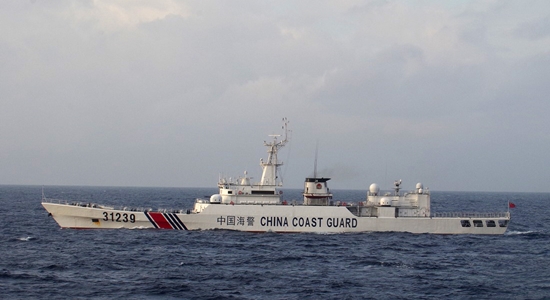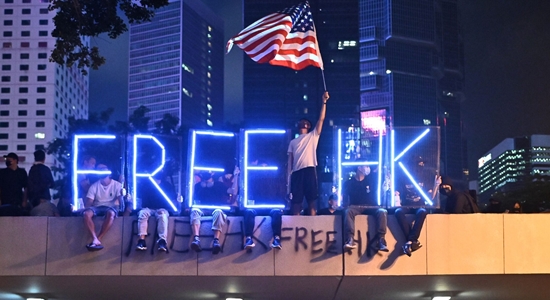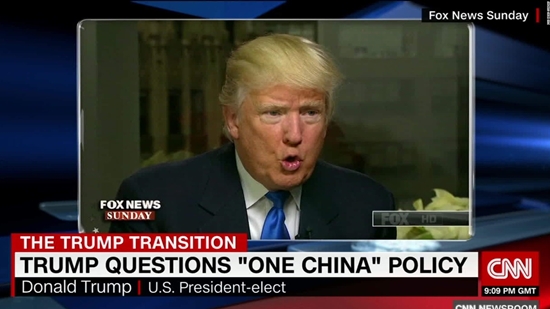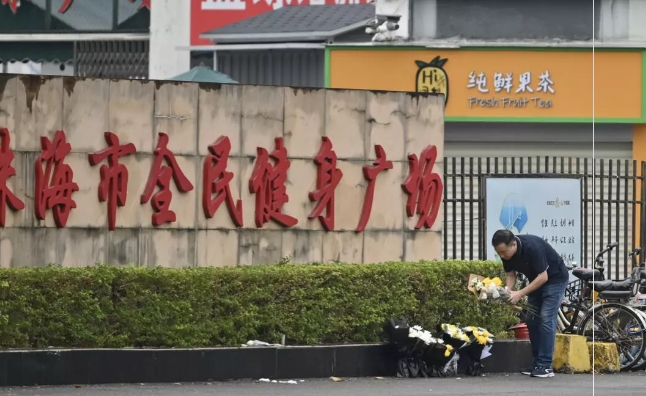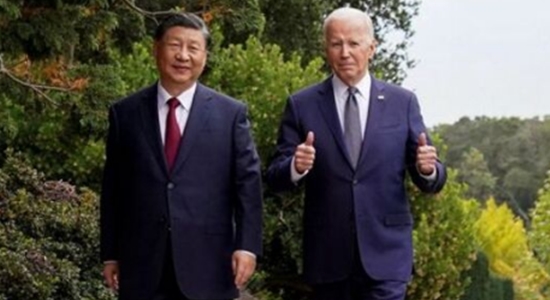
The algorithms won’t be deciding when to push the nuclear button, according to a CNN report on the final meeting between U.S. President Joe Biden and China dictator Xi Jinping (“Trump looms over Biden’s final meeting with Xi in Peru,” November 16, 2024).
Biden used the meeting to raise a series of contentious issues with Xi one last time, including Taiwan, the economy, Ukraine and fentanyl production. The leaders also reached a new agreement that artificial intelligence never be allowed to replace human control of nuclear weapons.
Biden acknowledged the relationship had seen its “ups and downs” since he took office….
Unlike the leaders’ previous two meetings—on the sidelines of a G20 summit in Bali and at an estate outside San Francisco—the Lima talks weren’t expected to result in a major list of outcomes.
The men were expected to talk about the usual topics—including Taiwan, Ukraine, fentanyl production and human rights—along with some new irritations, namely China’s alleged efforts to hack Trump’s cellphone along with other devices associated with his campaign.
But it was mostly an opportunity to look back on what has been a lengthy and somewhat complicated relationship.
It’s always irritating when the Chinese government is alleged to be doing the various things it does.
According to CNN, although the Peru meeting adds up to little more than an opportunity to reminisce by a couple of old fogies, previous meetings between Biden and Xi have resulted in “a major list of outcomes,” a safely vague characterization.
One of the things that Xi Jinping supposedly agreed to last year in San Francisco was that China would do more to limit the export of precursors of fentanyl. Critics like John Coyne say that because of lack of enforcement, China’s new regulations look better on paper than in reality.
In April 2024, a House subcommittee found that “Chinese government agencies actually subsidize the export of fentanyl precursors….”
Engagement
In order to get China’s empty pledge about export of fentanyl precursors, one thing Biden agreed to in San Francisco was to remove the Chinese Ministry of Public Security’s Institute of Forensic Science from the list of Chinese entities subject to trade sanctions. The Institute was to be removed even though the U.S. added it to the list because of “alleged abuses against Uyghurs and other minority groups, effectively barring it from receiving most goods from U.S. suppliers.”
The American government has not claimed that putting the Institute of Forensic Science on the list was a mistake. If adding it wasn’t a mistake, though, removing it was a mistake.
Defenders of meaningless or counterproductive agreements with China stress that even if actual benefits of the diplomatic encounters between Xi and Biden are hard to point to, at least China is now talking to the United States. But diplomatic engagement is not a blessing no matter what.
